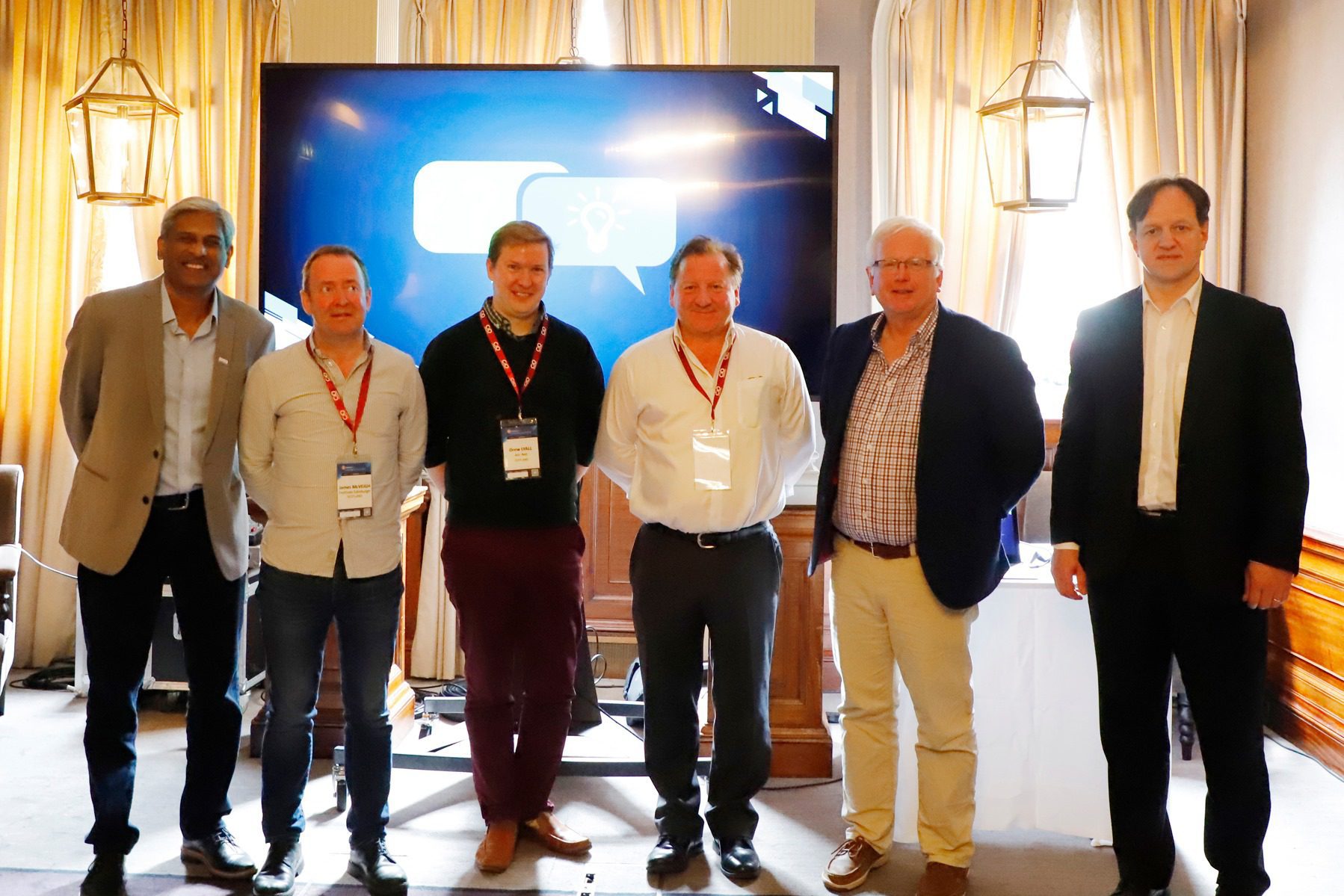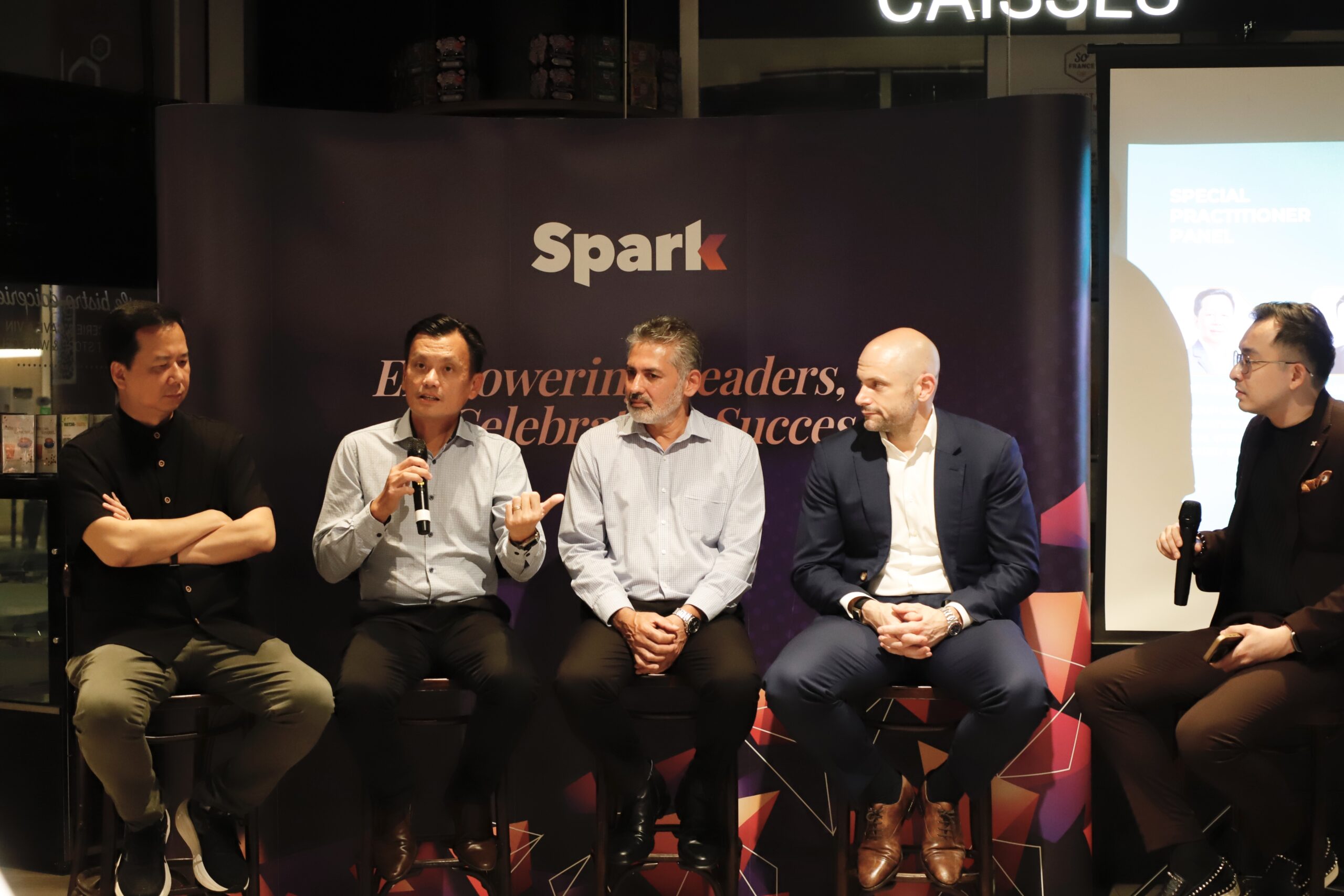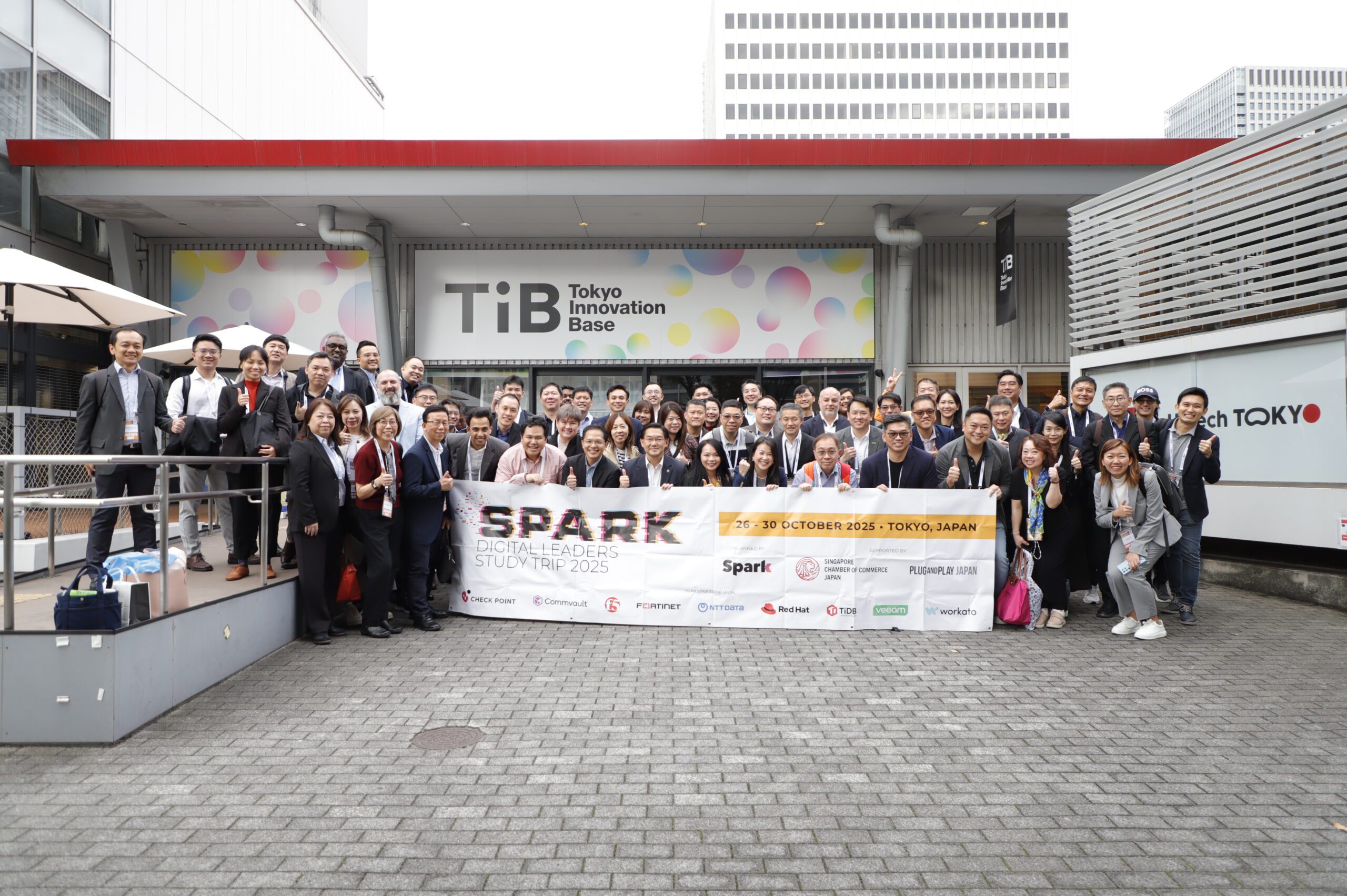On the third and final day of the ConnectGov Leaders Summit held in Edinburgh, Scotland last July, our final programme featured distinctive Scottish enterprises that use data-driven approaches to deliver on their organisations’ priorities, this workshop offered in-depth and contextual perspectives on the state of data-led innovation and digital transformation in Scotland.
Festivals Edinburgh
Head of Marketing and Innovation for Festivals Edinburgh (FE) James McVeigh shared that the world’s first mobile internet connected phone was brought online in Edinburgh 20 years ago, establishing Edinburgh’s bonafides as a tech-friendly and driven centre for events. The city has hosted 11 major international festivals a year since 1947 but the pressure to innovate in the entertainment space is constant. He compared the Edinburgh Festival to the Olympic Games but in a fixed location annually.
In the past, planning of events and communicating listings to the media was done manually and laboriously using spreadsheets. This was replaced by a Content Management System that captures data on shows for listing and which then feeds data onto the wireframe of the event website; taking a step further, they created an API for media to access the listings content directly to populate their own web wireframes. This greatly improved FE’s promotion opportunities and functions, and also amplified sales.
A further pivot was to enable anyone in the world to access and play with the data for free to create games, including a dating app for people in ticket queues, animated maps using geospatial data, social media apps for show recommendations and new ways of presenting show information based on the Tinder app UI where users swipe left or right on listings to build a personalised listings itinerary. As such, the focus on experience for festival goers also translated to the transaction experience. The open development ecosystem also enables collaboration with 3rd party partners such as Uber during the festival, which is useful as many streets will be closed to traffic. In enabling this on a 100% free basis, the scale of the festival has double in the 7 years since they first started the initiative.
The API itself has drawn attention and use in local universities as part of the data science curriculum, which FE views as a form of promotion. On partners benefitting commercially from apps or services based on the free listings system, James shared that the changing content each year limits the commercial benefits and serves as a way for FE to have control over such partnerships.
IceRobotics
CEO Douglas Armstrong spoke of their pioneering work focusing on animal behaviour and welfare but which also has major insights for the dairy farming industry and the supply chain. He shared the immense pressures facing the dairy industry, ranging from labour shortages and highly competitive marketplace to volatile milk prices, pressures to improve yield, environmental pollution, resource limitations and the overuse of antibiotics on farm animals around the world. There is also the social license dimension where consumers increasing want to know about the welfare conditions of farm animals. IceRobotics developed sensor-based system for cows to monitor their behaviours and health which captures data that can guide farmers on ways to intervene as necessary in natural ways.
Their cow monitoring sensors were developed in-house with inbuilt batteries to last 7 years with a 2% failure rate. Data insights allow farmers to detect each cow’s state of health on a mobile phone app, including predictive capabilities to detect cases where cows are unwell. All the information is linked with animal nutrition systems that allows more holistic management of dosing, feeding and preventative health resources. The information on a global basis based on data collected from farms around the world offer another layer of insights that allows comparisons and sharing of lessons learnt among the global dairy, animal husbandry and farming community, such as how to treat lameness in cows or address fertility issues.
Borders Distillery
John Fordyce from the Borders Distillery company and Drew Lyle of Arcnet presented the use of technology in the whiskey making process and business, such as in the aging of whiskeys for at least 3 years as required by law. Technology also applies in the context of managing sustainability, auditing, tracking of provenance and taxes. The level of scrutiny required is also due to the industry being monitored directly by the Tax and Excise Department.
Blockchain applications are used to immutably track data on production inputs and contexts as well output, which not only serves audit purposes but also reassures customers of the quality of the end product. Although the quality of their product can only be judged in the future by customers, John noted that the monitoring of data has the effect of informing their behaviours today in terms of how they are managing aspects of the production process. He explained that they have no clear plans to use the data gathered for customer-facing purposes and there is also no way of predicting customers’ preferences, but the repository of immutable data offers the prospect of a trustworthy source of insights that can inform future customers of the quality of their whiskey.
PureLIFI
Harald Haas from PureLIFI framed the proposition of light-based wireless connectivity in the context of world trends toward pervasively connected smart cities and homes, digital industries and processes, even human monitoring systems. All the smart and mechanical systems, capabilities and stack of technologies that enable them rely on energy which PureLIFI addresses by using light as a network system, with lightbulbs serving as a platform that can provide integrated system functionalities. The visible light spectrum also significantly overcomes the limitations of radio spectrum and thus offers assurance as more connected devices come online.







